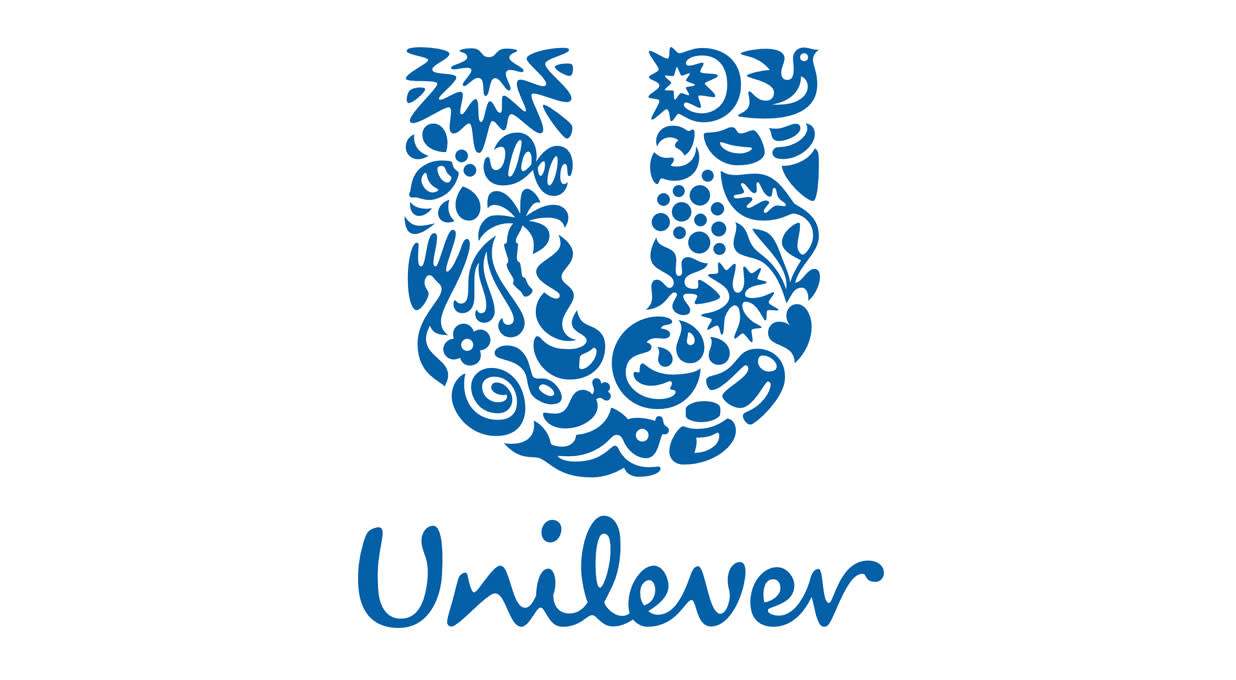Unilever reported a 1.9% rise in full-year sales to €60.8bn. The group's 30 "Power Brands" drove performance, with sales growth of 5.3%. Underlying sales growth was 4.2%, with volumes up 2.9% and price up 1.3% - volumes grew 2.7% in the fourth quarter (3.0% expected).
Underlying operating profit rose 12.6% to €11.2bn, with margins improving 1.7 percentage points to 18.4%. Free cash flow fell by €0.2bn to €6.9bn. Closing net debt was €24.5bn, a 3.6% increase from the previous year.
The quarterly interim dividend was raised to €0.4528, up 6.1%. A new €1.5bn buyback is announced, expected to be completed in the first half of the year ahead of the ice cream division separation.
For the coming year, Unilever expects to see underlying sales growth of 3-5% and a modest improvement in underlying operating margin.
The shares fell 6.0% in early trading.
Our view
Unilever may have been a victim of its own success, entering results with a refreshed sense of optimism, but the in-line performance didn’t quite hit the high notes investors were hoping for.
The broader market is looking a little weaker in the early part of the year, and Unilever isn't the only one in the sector predicting a slowdown in growth over the coming quarter. Performance is expected to improve as the year progresses, with some tailwinds, like price actions, likely to kick in. Guidance was in line with expectations, but the growth being weighted to the second half adds a bit of risk.
Taking a step back, this was another quarter of solid volume growth and market share gains across the portfolio. There was also positive commentary on margins, with the gross margin reaching its highest level in a decade. This is a clear sign that strategic actions are starting to take effect, and we see potential for expansion in the coming year, despite cost and currency headwinds.
We’re supportive of the group’s sharper focus, which is concentrated on doing fewer things but doing them better. That means spinning off its Ice Cream business and plans to cut costs over the next few years are at the top of the agenda, and so far, we’re impressed with the pace of progress.
The group’s collection of 30 so-called ‘Power Brands’ are its beating heart. These include names like Dove, Domestos and Hellmann’s, and account for around 75% of total sales. These power brands are delivering growth above the group average, and we expect continued investment behind these names. Brand and marketing investment now stands at 15.5% of revenue, its highest in a decade.
The 3.5% prospective forward dividend yield and latest buyback are currently supported by strong free cash flow and a robust balance sheet. Dependability is an attraction, and we don't see too much upsetting the apple cart here. But, as ever, potential returns can't be relied on.
All in, there are very clear signs that the new management team are making progress and Unilever remains a quality business with attractive fundamentals. If it can deliver on planned cost cuts and spin-off Ice Cream without causing too much damage, then achieving consistent mid-single-digit sales growth is on the cards. The valuation isn’t too demanding, but there is a softer market to contend with and there’s plenty of execution risk ahead.
Environmental, social, and governance (ESG) risk
The retail industry is low/medium in terms of ESG risk but varies by subsector. Online retailers are the most exposed, as are companies based in the Asia-Pacific region. The growing demand for transparency and accountability means human rights and environmental risks within supply chains have become a key risk driver. The quality and safety of products as well as their impact on society and the environment are also important considerations.
According to Sustainalytics, Unilever’s overall management of material ESG issues is strong.
Unilever's latest sustainability efforts followed global reporting standards, with the board overseeing progress and a dedicated committee tracking risks and goals. The company focuses on three main areas: improving planet health, enhancing people’s wellbeing, and fostering social inclusivity, with ambitious targets like 100% recyclable packaging by 2025 and biodegradable ingredients by 2030. However, Unilever faces criticism for its plastic pollution and struggles to meet some of its plastic-related goals, suggesting there's still work to be done.
Unilever key facts
All ratios are sourced from LSEG Datastream, based on previous day’s closing values. Please remember yields are variable and not a reliable indicator of future income. Keep in mind key figures shouldn’t be looked at on their own – it’s important to understand the big picture.
This article is not advice or a recommendation to buy, sell or hold any investment.No view is given on the present or future value or price of any investment, and investors should form their own view on any proposed investment.This article has not been prepared in accordance with legal requirements designed to promote the independence of investment research and is considered a marketing communication.Non - independent research is not subject to FCA rules prohibiting dealing ahead of research, however HL has put controls in place(including dealing restrictions, physical and information barriers) to manage potential conflicts of interest presented by such dealing.Please see our full non - independent research disclosure for more information.


